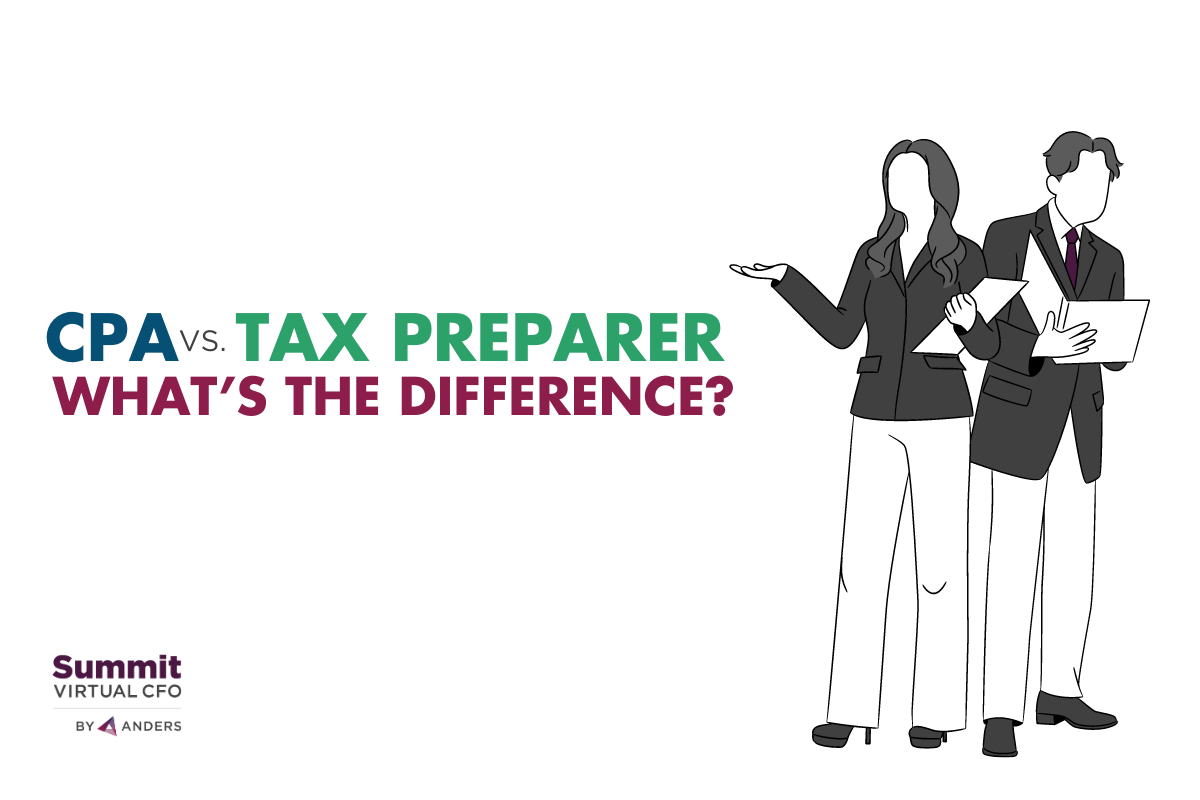Tax deadlines will be here before you know it. Doing your taxes can be confusing for individuals but doing taxes for a small business could be especially difficult if you’re not correctly prepared. Having easy access to all of your paperwork is a good place to start. Here are tips to help you avoid being audited, paying penalties, and claiming the deductions you are entitled to.
* Keep Business and Personal Expenses Separate. Maintain a business, credit and checking account separately from your personal accounts. Never use business funds to purchase personal items. The IRS will look closely at expenses such as meals, travel, or vehicles which have been claimed as a business expense.
* Good Records. Save yourself a huge headache by keeping your receipts and accounting in order. Good record keeping will assure that your accountant can easily identify your business expenses. Don’t wait until the last minute to gather your paperwork. Getting your paperwork to your accountant in a timely manner will ensure you are getting any deductions you’re entitled to receive. It’s a good idea to keep all tax documents for at least 7 years just in case you are chosen for an audit or need taxes records for other reasons.
* Deductions for Home office. Not all home-based businesses qualify for a home office deduction. In 2013 there are new formulas for a home office deduction, consult your accountant for details. A home office deduction, according to the IRS, is a red flag for many audits.
* Audit Traps. One big red flag for an audit is taking tax deductions that exceed your annual business income. Consult a professional about other IRS red flags if you are concerned about an audit.
* Tax Deductions. There can be different deductions for a business depending on the structure and functions of your business. Be sure that you have the correct documents as proof of your deductions. Some common deductions are home office, travel meals, assets, etc.
* Meet Tax Deadlines. Annual tax returns are due on April 15th for unincorporated companies as well as S corporations. You must file within 2 ½ months from the end of their fiscal year if you are a C corporation. Depending on what state you are located, sales taxes are due either monthly or quarterly. Dependent upon the size of your payroll, employee taxes are due quarterly, monthly, or weekly. However, estimated taxes are due quarterly on January 15th, April 15th, June 15th, and September 15th each year.
* Estimated Tax. If your business has a tax bill of more than $500, you should pay quarterly estimated taxes. IRS penalties can severely impact the cash flow of your business.
* Ask a Professional. Make sure any software you buy is the right one for your type of business. Purchasing tax software does not mean that you have received all of the deductions you are entitled to nor does it mean you will avoid an audit. When in doubt, seek the assistance of an experienced tax accountant of a CPA.
Avoid tax penalties by getting your paper work in early, contact our office at (260) 497-9761 to ensure you are taking full advantage of the business tax deductions your are entitled to.
.png?width=120&height=77&name=Summit-Virtual-CFO_color_rgb%20(1).png)













